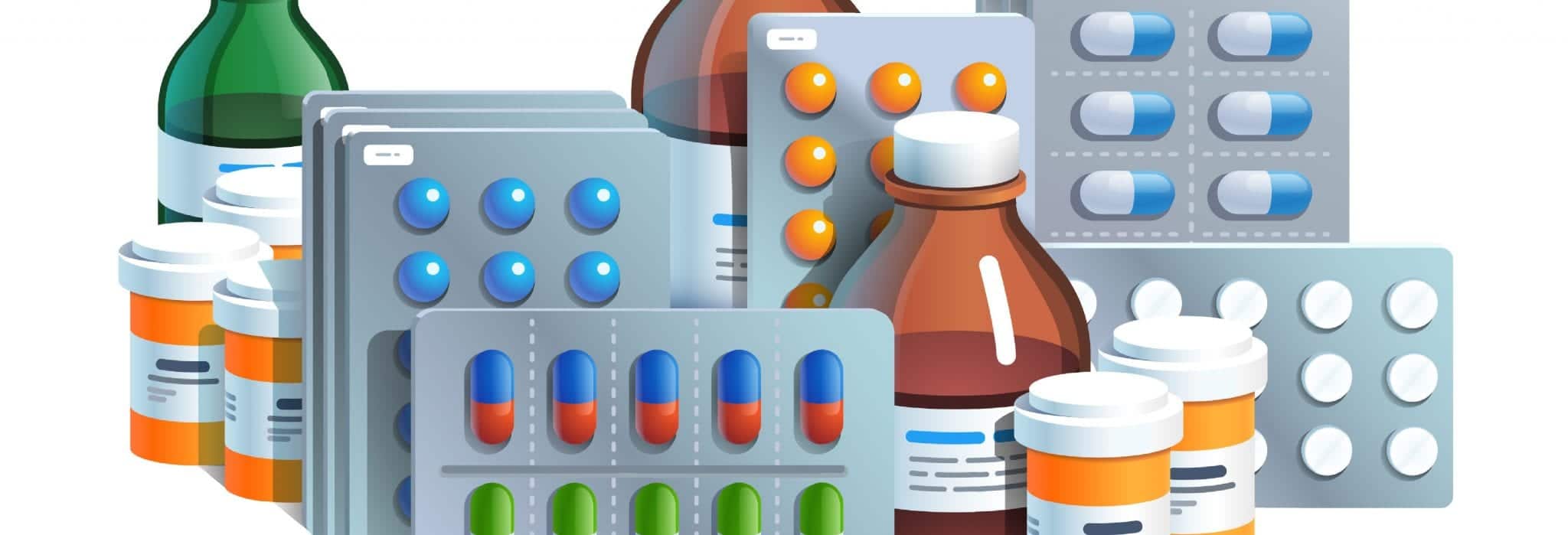
Prescription Drug Take Back Day, a nationwide effort to get unused prescription drugs out of circulation, is Saturday, October 26, 2024.
Special locations for drug dropoff have been set up for the day at police stations and other facilities. You can find one near you at: National Prescription Drug Take Back Day
During the April 2023 Drug Take Back Day, 332 tons of unused prescription drugs were collected and safely disposed of.
Some pharmacies will accept unused drugs all year. Find one near you at: Pharmacies For Drug Disposal
Prescription Drug Take Back Day is offered twice a year, in April and October.
Disposing of Medicines at Home
If taking your unwanted medicines to a collection or disposal site is not an option, the FDA recommends the following approach to safely dispose of them at home. This includes prescription and over-the-counter drugs in any form, such as pills, liquids, drops, patches, and creams.
First, check the medicine label or accompanying patient information for disposal instructions, and follow the recommended instructions for each medicine. Inhalers, for example, which are used by people who have asthma or other breathing problems, should be disposed of in an environmentally safe manner.
If no disposal information is available, check to see if the medicine is listed on the FDA flush list. Medicines on the flush list are potentially dangerous if used by someone other than the person for whom they were prescribed. An example of such a drug is a fentanyl patch, which is an opioid. The FDA strongly recommends immediately flushing these types of medicines down the toilet to ensure children, pets, and other individuals do not accidentally ingest, touch, or misuse these products.
In general, if immediate flushing is not recommended, medicines can be safely discarded in the household trash in the following manner:
- Remove the drugs from their original containers and mix them with something undesirable, such as dirt, used coffee grounds, or cat litter. This makes the medicine less appealing to children and pets and unrecognizable to someone who might intentionally go through the trash looking for drugs. Do not crush tablets or capsules.
- Put the mixture in a sealable container (such as a plastic storage bag, empty can, or plastic container) to prevent the drug from leaking or spilling out.
- Throw the container in the garbage.
- Scratch out or remove any personal information from empty medicine bottles or packaging to protect your identity and privacy. Throw the bottles or packaging away or recycle, if possible.
If you have any questions about your medicine, ask your health care provider or pharmacist.
Frequently asked questions
Should I still use my expired medications?
While opinions vary about the effectiveness of expired medications, the FDA position is clear: If your medicine has expired, do not use it.
“The medicine expiration date is a critical part of deciding if the product is safe to use and will work as intended,” says FDA Deputy Director Ilisa Bernstein. Expired medicines can be less effective due to a decrease in strength and changes in chemical composition. Some expired medications, such as eyedrops, are at risk for bacterial growth, and expired antibiotics may fail to treat infections.
“Once the expiration date has passed, there is no guarantee that the medicine will be safe and effective,” says Bernstein.
Will flushing a medication down the toilet hurt the environment?
In some cases, the recommended way to dispose of a medication is by flushing. An FDA study concluded that the environmental impact of these flushed medications is negligible.
“The main way drug residues enter water systems is by people taking medicines and then naturally passing them through their bodies,” says Raanan Bloom, an environmental assessment expert at the FDA. However, if flushing is not recommended, medications should be disposed of at an authorized collection site or by following the instructions above for safe disposal at home.
How do I properly dispose of sharps (needles and syringes)?
The FDA recommends that used needles and other sharps be placed in FDA-cleared sharps disposal containers. Such containers may be obtained through pharmacies, medical supply companies, and health care providers. If an approved container is not available, a heavy-duty plastic household container can serve as an alternative. The container should be leak-resistant, remain upright during use and have a tight fitting, puncture-resistant lid, such as a plastic laundry detergent container.
Note that rules and regulations for disposing of sharps vary by state and locale. One helpful resource to find disposal sites in your area is the SafeNeedleDisposal.org website.
Dangers of Unused Drugs
With more than a third of all medicines left unused, according to the Alliance for Aging Research*, there is a good chance most seniors have unwanted and expired medications in their homes.
If left on counter tops or nightstands, or disposed of improperly, those drugs – including over-the-counter medications – can pose a serious risk to children, pets, and young adults.
The website Safe Kids Worldwide reports that three out of every four emergency room visits for medicine poisoning are caused by young children getting into an adult’s medicine. And 38 percent of the time, that medicine belonged to a grandparent.
So how does one safely dispose of unwanted or outdated medications? Before tossing drugs in the trash or flushing them down the toilet, review the guidelines below.
Helpful videos
Keep those around you safe: Dispose of your medications properly
Safe medicine disposal (Alliance for Aging Research)
* The website Alliance for Aging Research reports that 40 percent of all medications go unused. Another study published in 2015 found that approximately two out of three prescription medications were reported unused (Research in Social and Administrative Pharmacy).

Recent Comments